









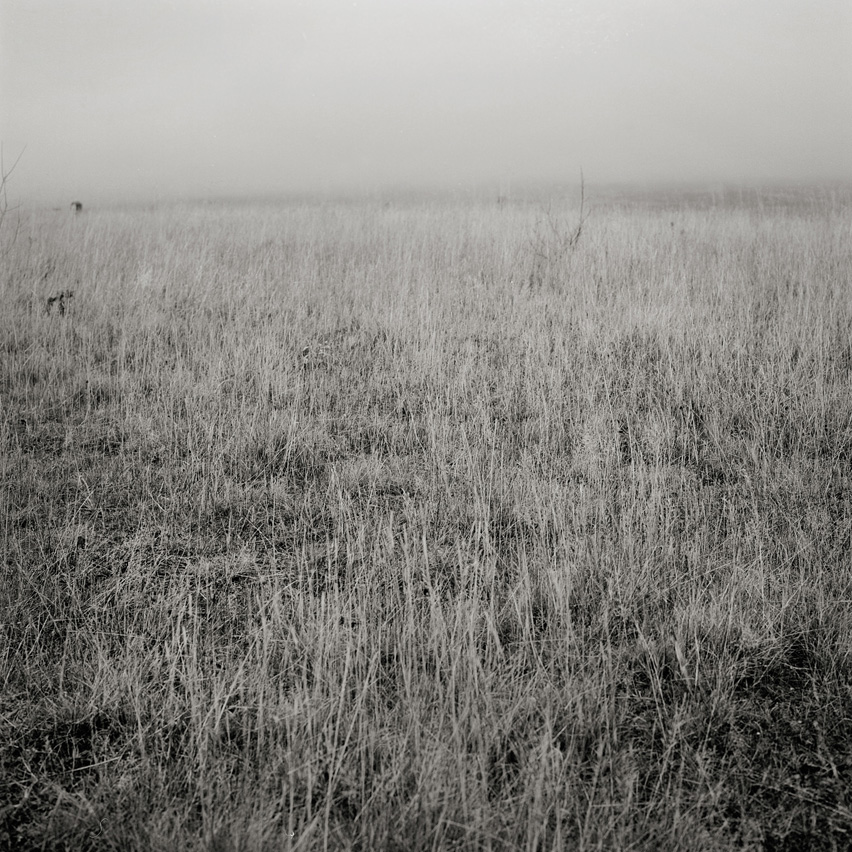

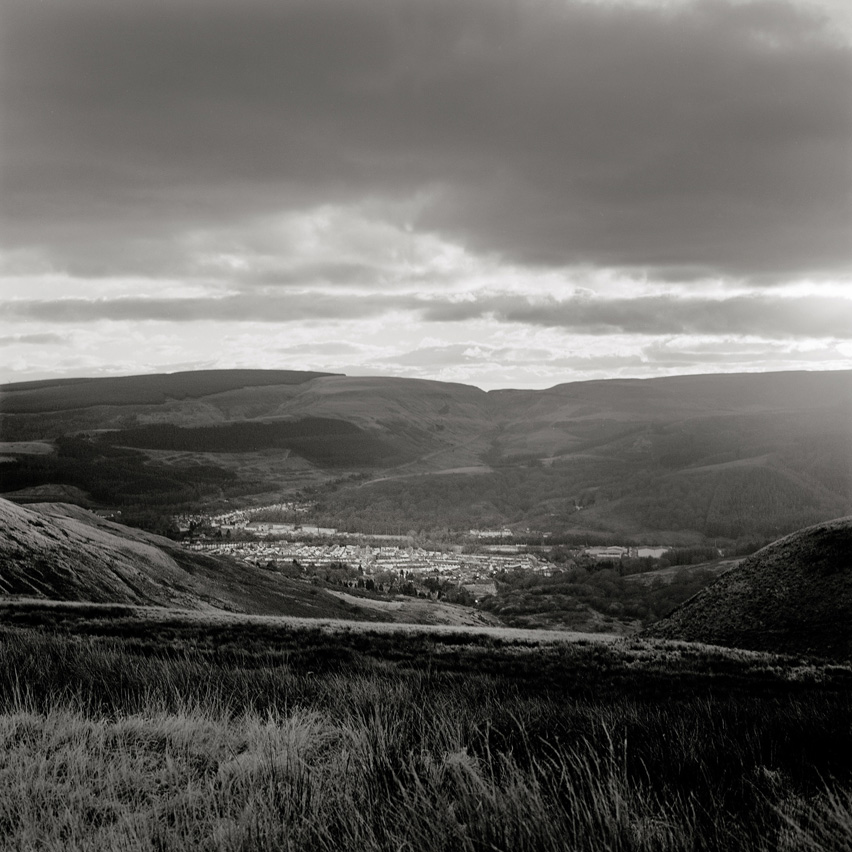













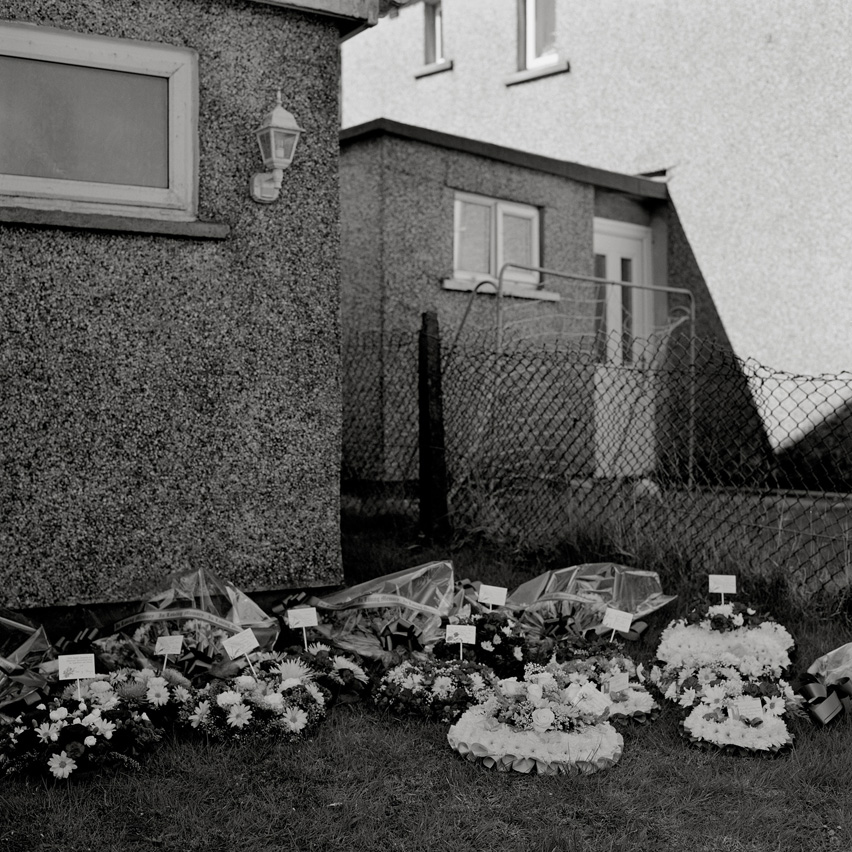



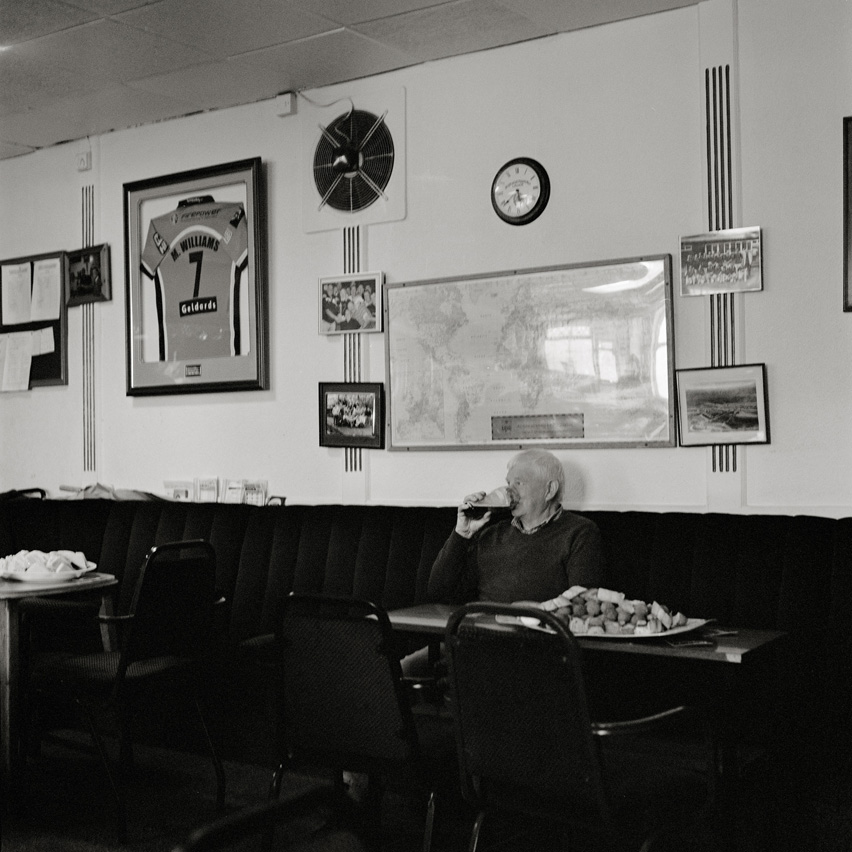

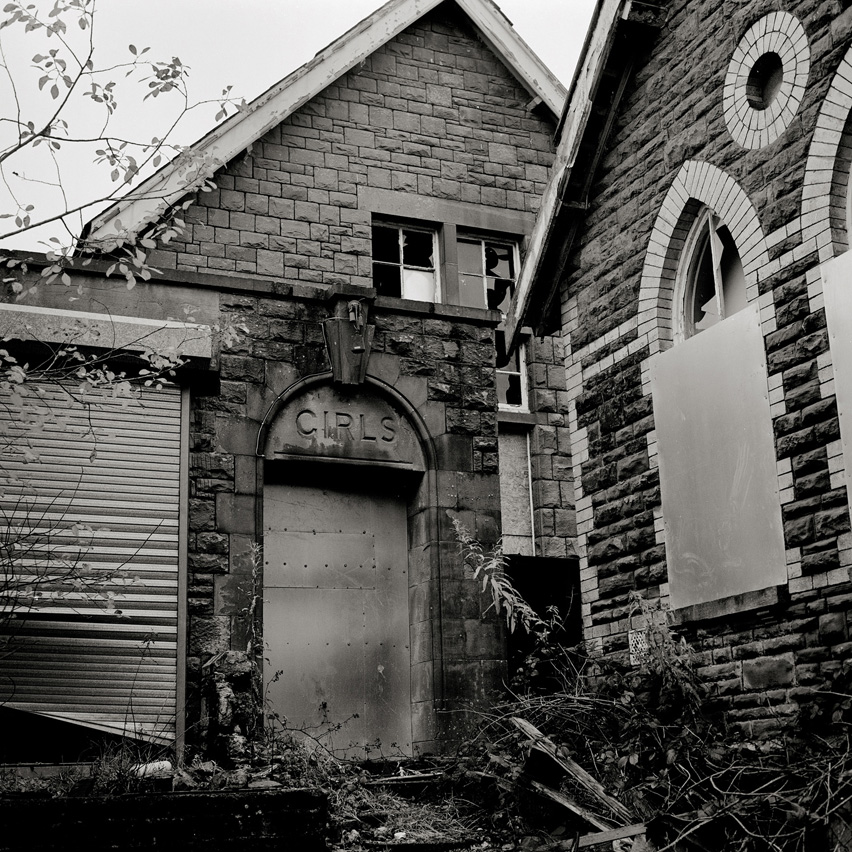





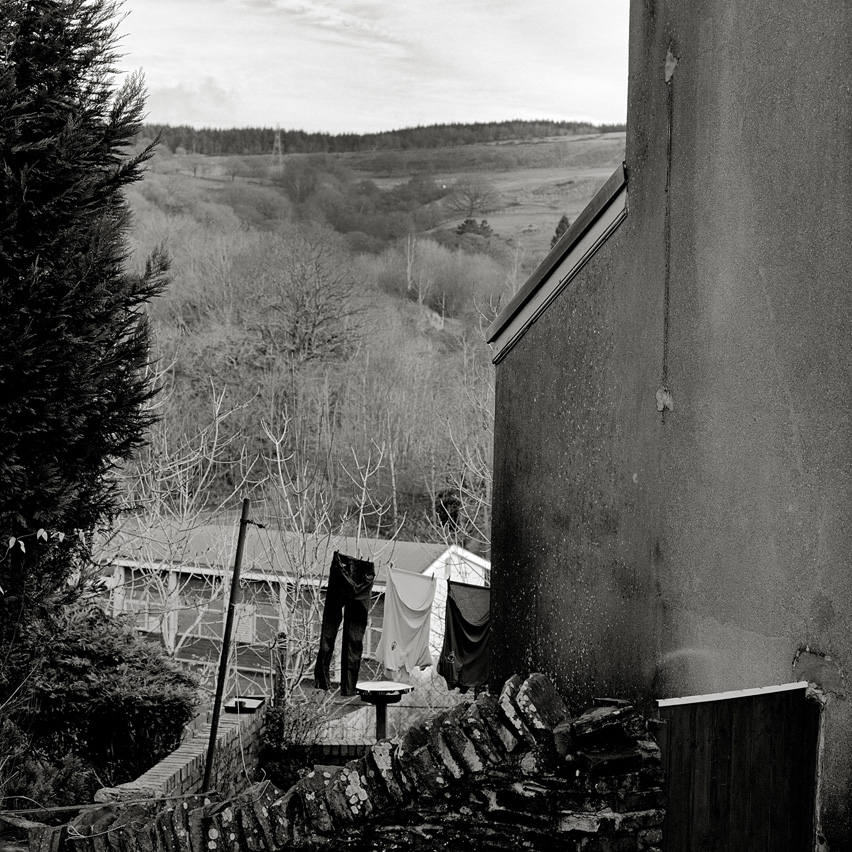

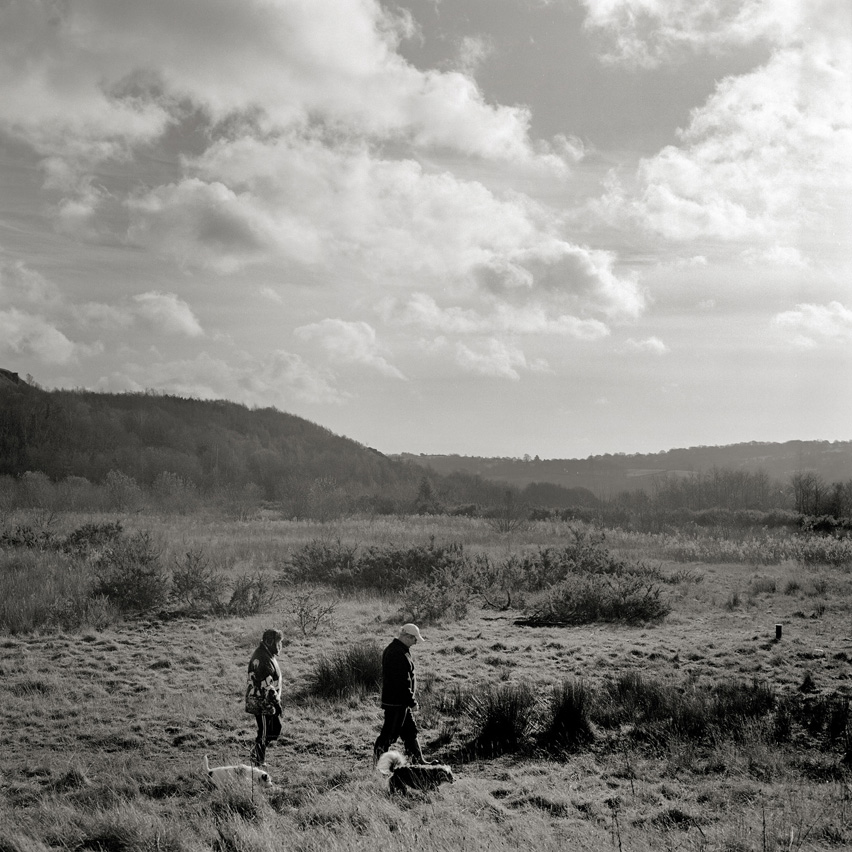







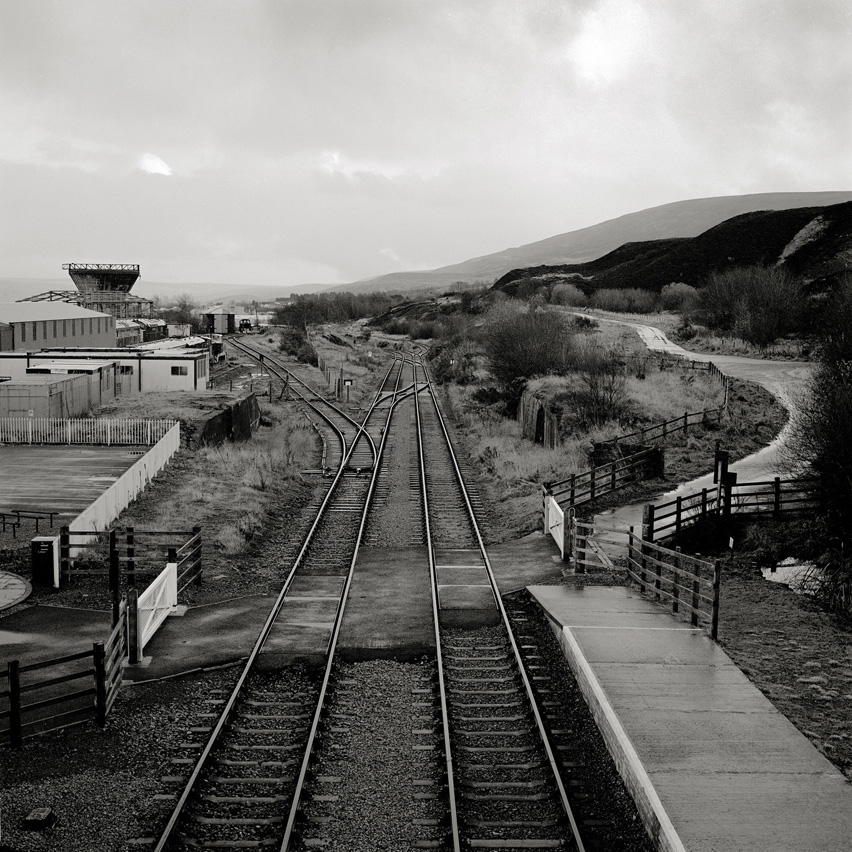



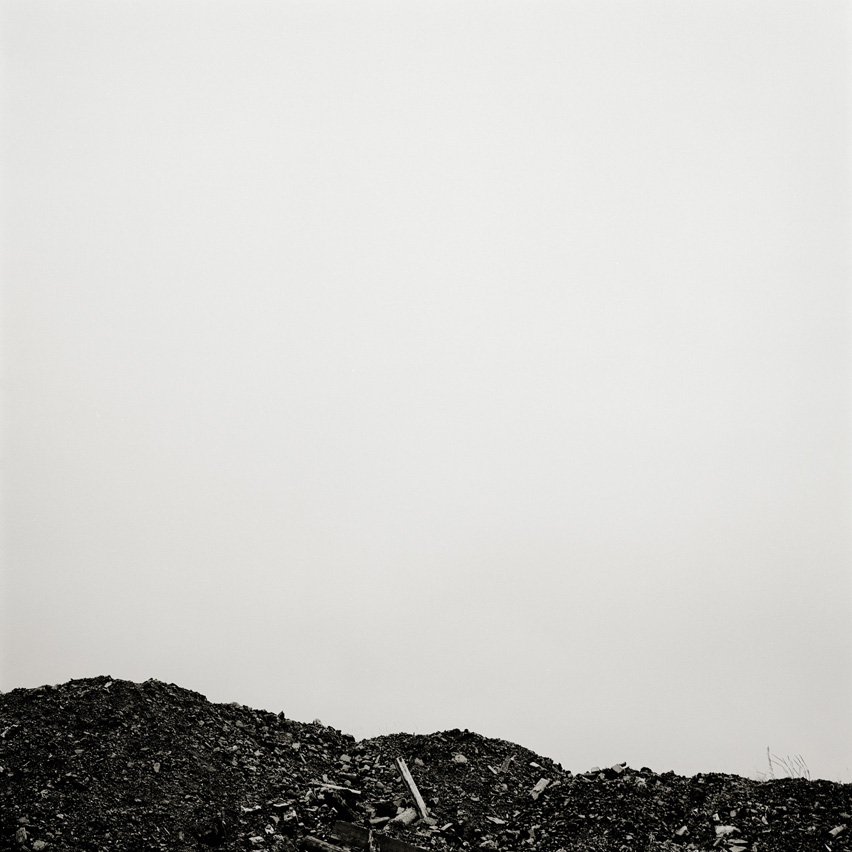




























“She was known globally as the Iron Lady, but the word that defines her legacy in Wales is
coal.” titled Wales’ Western Mail the day after Margaret Thatcher’s decease in April 2013. South
Wales, one of the major coal areas in the UK with its capital Cardiff having been the largest coal
exporting port in the world from the beginning of the 20th century on, was severely hit by the
fiscally conservative policy of Thatcher’s government.
Once, Wales was an essential driver of the British industry. But now it forms a bleak, closed
chapter of former industrialization. Almost forgotten and definitively sealed by the defeat of the
Miners in the Strike of 1984/85. Peter Harding, a former miner says: “The government cut off our
legs then.”
Notwithstanding, nearly three decades on, the legacy of the black gold in South Wales’ Valleys
remains. While nature reconquers the surface of the former industrial sites, the excavated land,
so extensively shaped by man still stands, now filled with memories. Melancholic memories
held by those former shapers of the land. The miners.
Now, decline in South Wales Valleys is inevitable. The landscape, once built for its extraction and
export to the world, is devastated by both financial and cultural recession. As an early victim of
Globalization, Wales is in danger of vanishing from the world’s collective memory, despite still
having enough capital in form of the highest quality coal reserves to last another half century,
still untouched, underground.
